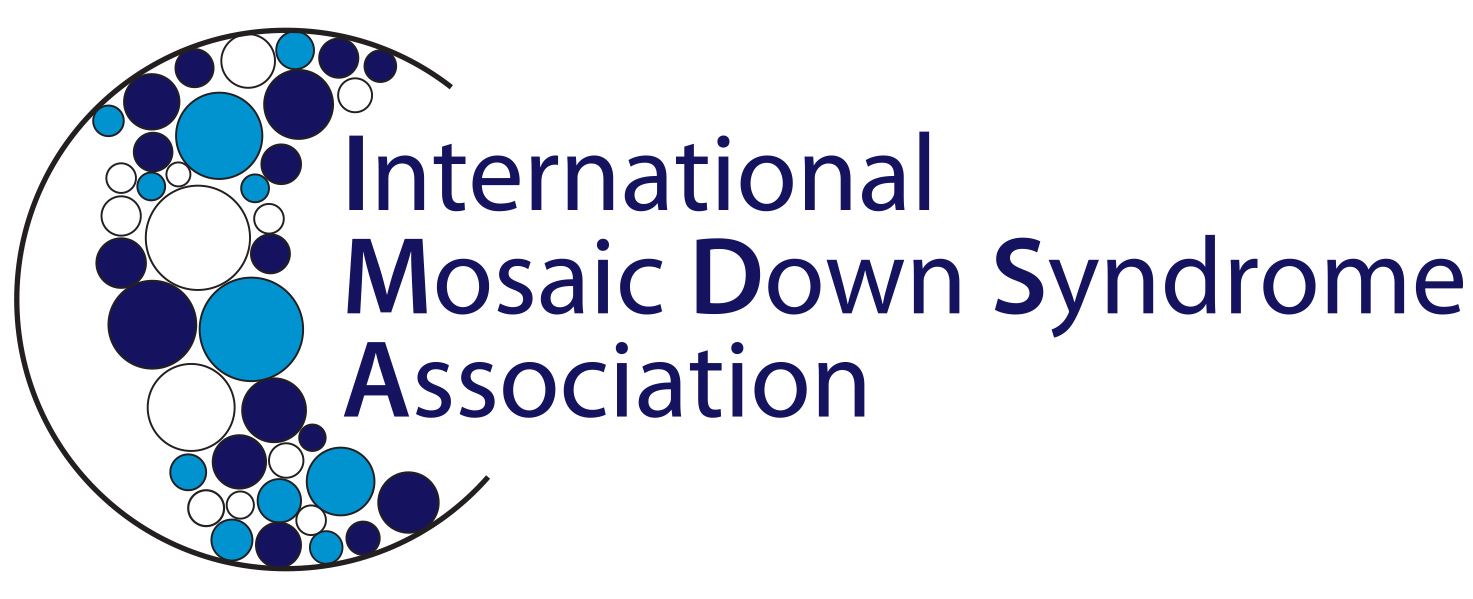Ask a Research Question
How can I find out if my loved one has mosaic Down syndrome?
A diagnosis of mosaic Down syndrome isn’t official until a genetic test is performed confirming that mosaicism is present. If prenatal (before birth) screening did not detect Down syndrome or mosaic Down syndrome before your child was born, then postnatal (after birth) testing may be offered if your child has physical traits that are similar to those seen in people with Down syndrome. The appearance, health, and developmental outcome of people who have mosaic Down syndrome can show a wide range of symptoms. Because of this variation, it can be challenging for physicians to recognize mosaic Down syndrome. If your child is missing key milestones as they develop or if your child has several of the traits associated with Down syndrome, you may want to talk with your child’s doctor to discuss genetic testing. The types of doctors that can be most helpful for determining if your child has mosaic Down syndrome include your pediatrician or a genetics specialist. If you child is diagnosed with mosaic Down Syndrome, you will quickly learn that there isn’t a simple roadmap to follow for their care. Many states offer early childhood services to support the development of your child until they enter school. Local Down Syndrome support groups may exist to provide you with support and local resources. The International Mosaic Down Syndrome Association (IMDSA) offers some of these services. IMDSA offers support for parents and self-advocates, as well as research and educational opportunities to help all of us learn more about this rare genetic condition.
I have a received a diagnosis of Mosaic Down Syndrome, now what do I do?
Like many new parents or individuals learning that they have a condition call mosaic Down syndrome it can be a confusing time. Some families find comfort in meeting other families that are experiencing the same situation. Research might be a consideration for you as much is unknown about the condition. If you are interested in participating in any of the research studies listed below to learn how to participate.
Where can I find more research about Mosiac Down Syndrome?
IMDSA realizes that there is very little information on mosaic Down syndrome. The only way to discover more about this rare form of Down syndrome is through research. We works with various researchers to discover more about mosaic Down syndrome. If you are a parent or an individual with mosaic Down syndrome, please consider becoming a part of our Research Connect program. We offer a variety of ways to be involved with research and with your help; we can discover all the aspects of mosaic Down syndrome. Here are some research examples.
Life Experience and Feeling Study
Depression, Stress in Down Syndrome Study

